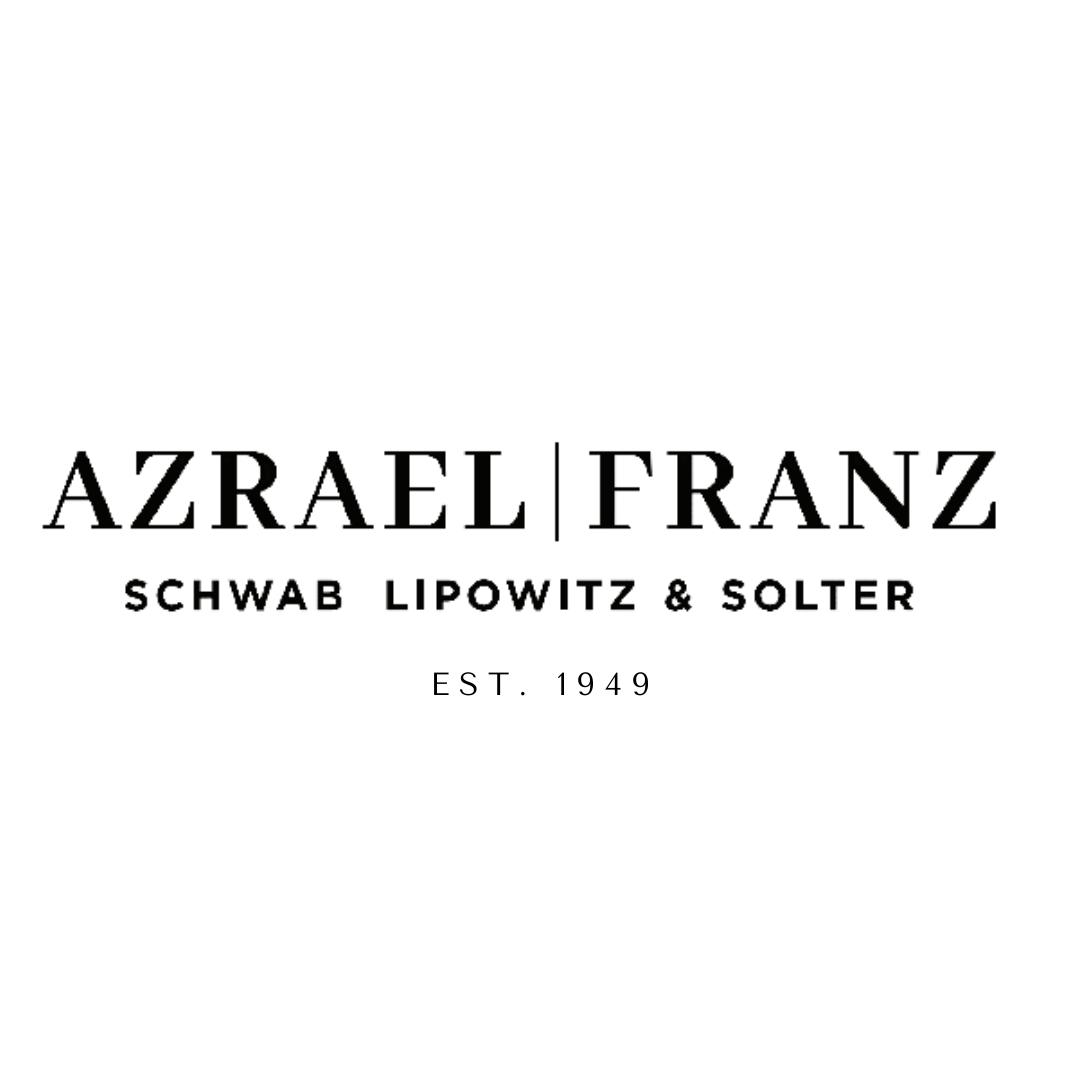Fire Safety During the Summer
Summertime is the best season for barbeques, campfires and bonfires, but these fun pastimes can turn tragic without proper safety precautions. Here, the burn survivor advocates at Azrael Franz detail ways to stay safe during fire-related activities this summer.
Campfire and Bonfire Safety
- Follow Area Rules
It is important to follow the rules of the area in which you are staying, whether it be a bonfire at home or a campfire at a campground. Some parks and towns prohibit fires, or require local firewood to be used. Be sure to read up on local regulations before starting a fire.
In Baltimore County specifically, it is illegal to have a bonfire on any property in the area contained within the beltway (695).
- Be Aware of Your Surroundings
Carefully choose a spot for your fire: excessive vegetation or low-hanging trees could be set alight and cause considerable damage. Sandy or rocky areas are best; dig out a shallow pit and surround it with rocks to prevent the flames from spreading. If starting a fire at a campground, always create the campfire downwind of your tent. Use a tent made of flame-retardant materials to prevent it from catching fire.
- Store Ignition Devices and Materials Carefully
Lighters, matches, lighter fluid, gasoline and other fire-starting materials should be kept well away from the fire once it has been lit. Store in an appropriate container, and be careful when transporting to and from the fire.
- Be Prepared, and Stay in Control
While a large fire may seem impressive and exciting, a smaller fire is less of a hazard and much easier to control. Ensure you have plenty of water nearby to extinguish the flames, and keep a shovel close to cover the smoldering remains with dirt. Always keep a close watch on the fire, and if you are planning on going to sleep or leaving, be sure to extinguish it thoroughly. Keep children and pets away from the flames.
Barbeque Safety
- Prepare Accordingly
Do not wear loose fitting clothing when grilling. Ensure a fire extinguisher is nearby, and bring food close to the grill so that you will not have to leave a hot grill unattended. Make sure the grill is set up far away from flammable materials. If using a gas grill, check to ensure the propane tank and the fuel line have a secure connection.
- Prevent Flare-ups
Cleaning your grill after each use will prevent charred food remains from falling into the flames and causing flare-ups. Make sure to drain steaks, chicken and other foods of any marinades or juices prior to grilling, as these can spatter and cause flames to intensify. Most importantly, never squirt or pour lighter fluid or any other kind of fire-starting material onto an already lit grill—this can cause a major flare-up which can harm you or others near the grill.
- Mitigate Accidents and Emergencies
If a grill flame becomes unmanageable, close the lid on the grill. This will cut the oxygen supply to the fire, smothering it. Never pour water on a flaming grill. Use a fire extinguisher if the fire is still not smothered.
If using a coal grill, let coals cool completely to prevent burns or new fires from starting. Dispose of them by mixing coals with water until thoroughly saturated.
How AFSL Can Help
Summer is meant to be a time of fun and relaxation, but a fire can leave you and your family scarred and property damaged. At AFSL, we work with burn survivors and their families to ensure justice is served in cases of fire loss, burn injury and negligence. If you or a loved one has been the victim of a fire caused by negligence or wrongdoing, we are eager to fight for you. For more information, or to schedule a consultation, we urge you to contact us today.
